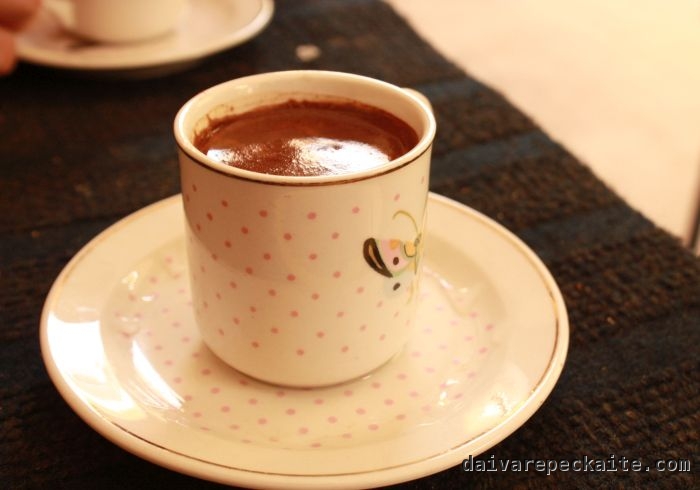Coffee is one of the greater joys of this life. But it’s important to know the cultural norms of each place to avoid disappointment – I learned it the hard way.
Rule No. 1 is easy: never order a coffee by saying just ‘coffee’. In Portugal, ‘coffee’ means ‘espresso’. In Luxembourg, Lithuania and many other places, it means a regular black coffee, which is a less diluted version of americano. In Malta, by default, ‘coffee’ it means tasteless instant drink. Fair enough, despite being so close to Sicily, this is what local people seem to enjoy. But if you, like me, like the continental style black coffee, espresso lungo is as close as it gets.
Rule No. 2: if you are in a very traditional place and ready for an instant coffee, don’t forget to remind them if you want it without milk. In traditional pubs, coffee or tea is served in a glass and with milk unless instructed otherwise.
Rule No. 3: if you want your coffee after the meal, better order it after you eat and someone comes to clear the plates. In Lithuania, I am used to ordering everything in one go, and it will most likely be assumed that coffee comes after food. As delicious as a meal can be, I prefer to leave with a taste of coffee. Many waiters double-check to confirm that the coffee should be served after the meal. Not here. When I ask for coffee after the meal, they often forget it. When I order everything in one go, I’m left with a cup of coffee to drink on empty stomach.
I don’t blame them – it’s just a very different culture, and I am slowly adapting my habits and informing others how to get what they want. So far ordering the food, waiting for the plates to be cleared and then ordering my espresso lungo seems to be the most efficient way to get it the way I like it.
What other coffee-related cultural practices should I know of?



Comments 1
nice